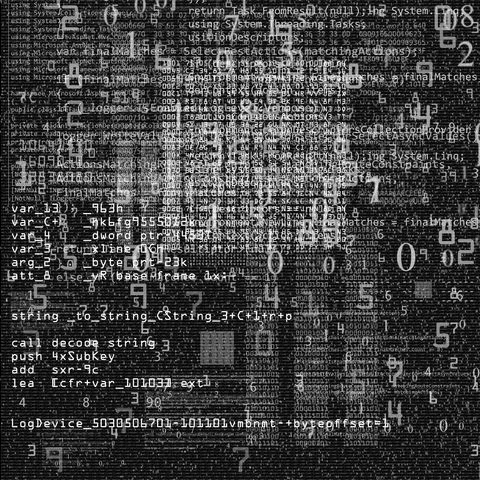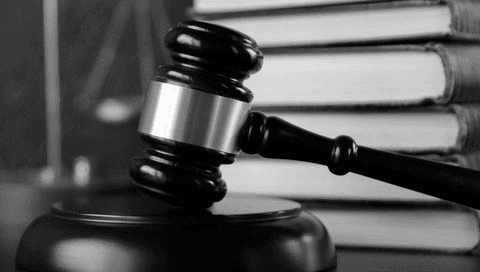The Patent Trial and Appeal Board instituted an inter partes review over patent owner’s objections that the petition did not timely identify all real parties-in-interest (RPI) and was filed by a phantom legal entity after petitioner had undergone a corporate reorganization. The PTAB accepted petitioner’s updated mandatory notices that identified the correct RPI, revised the caption, and instituted the IPR proceeding.
On April 19, 2023, petitioner converted from a California corporation to a Delaware limited liability company. The California corporation had been served with an amended complaint on October 24, 2022, and the IPR petition was filed in the name of the California corporation on October 24, 2023. The petition identified the California corporation as the only RPI. On February 7, 2024, through a merger, petitioner became a subsidiary of a parent company. Petitioner filed updated mandatory notices on March 11, 2024, disclosing the changes to its corporate structure and identifying the Delaware limited liability company and the parent company as RPIs. Patent owner argued that the PTAB should not consider the petition because any new or updated petition filed at the time of the updated mandatory notices in the Delaware corporation’s name would have been time-barred and because, at the time the petition was filed, the original petitioner no longer existed as a legal entity.
To decide whether to accept petitioner’s updated mandatory notices, the board considered whether there had been (1) attempts to circumvent the 35 U.S.C. § 315 bar or estoppel, (2) bad faith, (3) prejudice to patent owner, or (4) gamesmanship. First, the board determined that a petition modified by updated mandatory notices is not time-barred unless any of the new RPIs would have been time-barred at the time the petition was originally filed. Here, there was no allegation that such was the case. Second, patent owner argued that the six-month delay in petitioner filing updated mandatory notices showed bad faith and lack of diligence. The board agreed with petitioner that the delay was merely an error that did not evidence bad faith. Third, patent owner argued that the updated mandatory notices prejudiced patent owner by potentially delaying related district court litigation and causing it to incur additional legal fees to address this issue. The board stated that it did not have sufficient evidence that petitioner’s updated mandatory notices would delay district court proceedings and did not believe that the cost of litigating a good faith dispute sufficiently prejudiced patent owner to warrant denying the petition. Finally, patent owner argued that petitioner was engaged in gamesmanship to hide the existence of other RPIs that might trigger the time bar. The PTAB rejected this argument because there was insufficient evidence that there were any such other RPIs and thus insufficient evidence of any gamesmanship.
The board then turned to patent owner’s argument that the petition should not be considered because it was filed by the California corporation—a nonexistent legal entity at the time the petition was filed. Patent owner argued that 35 U.S.C. § 311(a), authorizing a person who is not the owner of a patent to petition for IPR, was a jurisdictional statute, and that the board had no jurisdiction over an IPR petition filed by the nonexistent California corporation. The board disagreed, finding no evidence that Congress had intended for § 311(a) to set forth a jurisdictional, rather than merely procedural, requirement. The PTAB concluded that, where there is no allegation that the petitioner is the patent owner, there is insufficient evidence of bad faith, and the California corporation continued to exist as a Delaware corporation, naming the incorrect petitioner was akin to omitting an RPI. As such, the board determined that, the same analysis that applied under § 312(a)(2) applied here, and similarly rejected patent owner’s argument under § 311(a).
Accordingly, the PTAB accepted petitioner’s updated mandatory notices and instituted the petition on the merits. The board also modified the caption to reflect the Delaware LLC as petitioner.
Practice Tip: When a petitioner’s mandatory notices must be updated, both parties should be careful to analyze whether any previously unnamed parties would affect the analysis under the statutory bar or estoppel provisions. If not, and if there was no bad faith and minimal prejudice to the patent owner, the board is unlikely to deny the petition solely because of petitioner’s failure to name the correct parties.
LifeCore Fitness, LLC v. Woodway USA, Inc., IPR2024-00083, Paper 13 (P.T.A.B. May 17, 2024)




